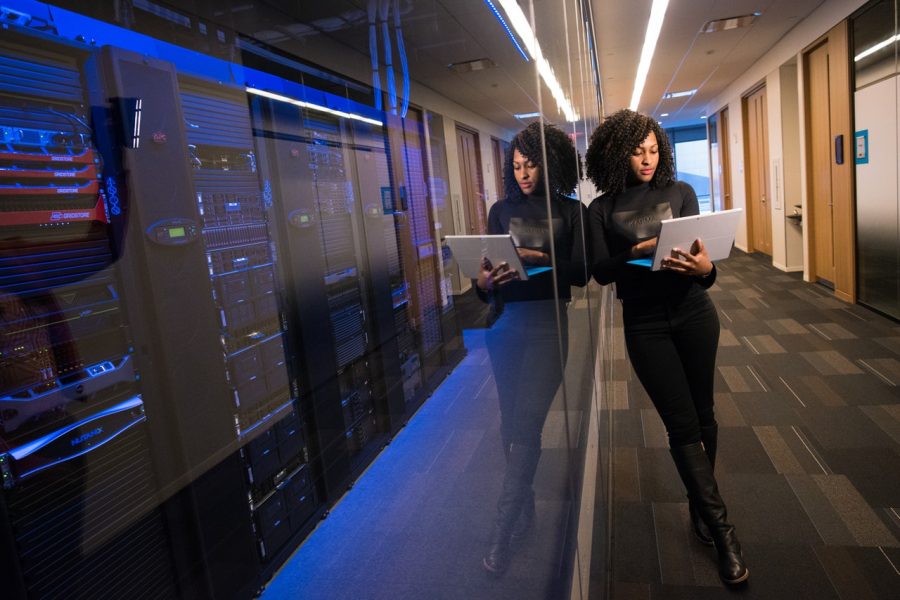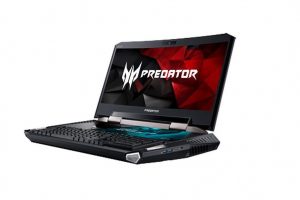Nothing is more frustrating while running an online business than a server failure. That is why you should be keen while procuring a server. Many businesses rely on the performance of their servers to serve their customers and this means failure to find the right server would spell doom. A server should be reliable, provide enough space, and be efficient in operation. It should help the business run smoothly, not create disruptions that would lead to losses. If you are looking to buy a server, here are top things to remember.
1. Space
Servers come in different sizes and shapes. You can choose from three distinct types including rack servers, tower servers, and blade servers. Rack servers can be installed in a tack and have multiple bays; tower servers look like tower PCs and are usually standalone; and you have blade servers that are typically thinner and designed to optimize space. One thing you cannot afford to leave out is space as it has to be sufficient. Failure to have enough space could kill your applications and disrupt business.
2. Drivers
Before purchasing a server, it’s also important to decide whether it supports the necessary drivers. You don’t want to run into challenges finding Windows drivers while using the server. This is not a problem if your server is from a company like HP or Dell. However, you might run into challenges if you want Linux drivers, so ensure everything you need is catered for before making a purchasing decision.
3. Storage
Servers differ when it comes to storage. Although many of the servers provide for the use of two hard drives, you could find major exceptions. There are servers that don’t offer internal storage that boot from SAN instead. The best deal is to look for a larger form factor server that comes with internal storage arrays. It’s good to choose a server that supports memory expansion in case this becomes necessary.
4. Manageability
Managing a server is not one of the easiest things to do if you don’t have the technology. The best part is that you can find servers that come with their own configuration that allows easy management. This is a standardized management system that may not accept servers from other vendors, so you should first consider the kind of servers you have to check for compatibility. In case you don’t want to go through all that, the other solution is to rent servers. ServerMania offers different categories of servers that businesses can rent and everything is managed to ensure your applications run smoothly without having to worry about storage and space.
5. Connectivity
Network connectivity is also important especially if the server is to be used as a cluster node. Clustering usually requires the use of network adapters and in such a case your server should have network adapters to facilitate the connectivity. This may not be necessary if you only need a single stand-alone server.
Choosing a good server is a step forward as this means seamless processes managing your business. With different brands on the market, you should pay attention to server configuration to pick a reliable server. Consider the space allocation for the server and things like storage should feature prominently. Most importantly, the server should allow easy manageability (which includes putting security measures in place) and be easy to link with other services through a network.







 Your total news and information resource for all things Science, Technology, Engineering / Mathematics, Art, and Medicine / Health.
Your total news and information resource for all things Science, Technology, Engineering / Mathematics, Art, and Medicine / Health.
Leave a Comment